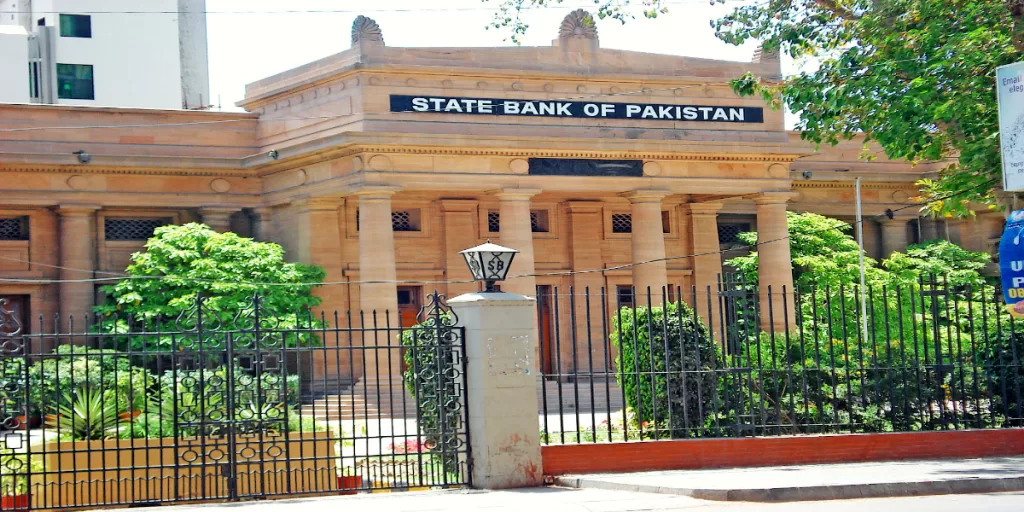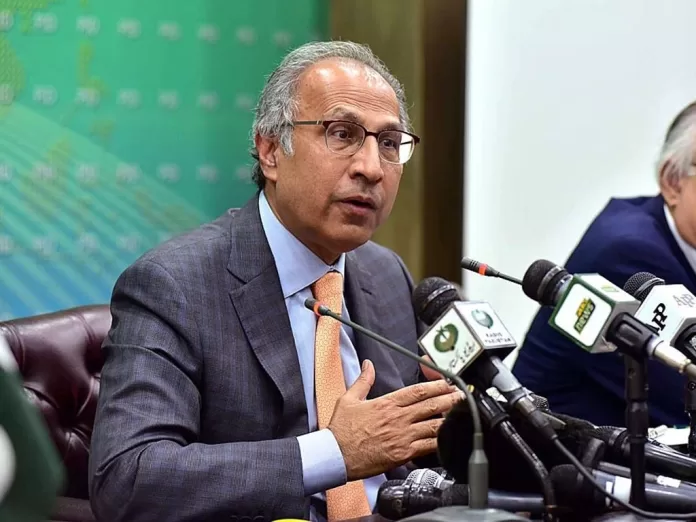Dear Meekal,
Your advantage of theoretical knowledge over someone without any false pretense of being an economist gave you the opportunity of subjecting me to condescending ridicule, you seem to have taken it with some pleasure in your article of July 3, 2012 in reply to mine, “Running out of time and money”. Given resumption of NATO supplies and impending release of US$ 1.12 billion Coalition Support Funds (CSF) this may have become infructuous, however the argument of debt-forgiveness and/or re-scheduling is very much alive and well.
Brought up in cloistered environment with very little first-hand knowledge of living conditions in the country before you left for the IMF (and the US) four decades ago, you cannot be expected to have much idea of the economic and personal challenges one confronts as a common citizen on a day-to-day basis in Pakistan, you might as well be on the moon! It is no-brainer why the IMF has gone wrong time and again in country after country, they constantly apply superior theoretical intellect like yours without matching it commensurately to the practical knowledge or experience of local conditions availing. An auto-mechanic may have his theory right but must get his hands dirty working under the bonnet, in effect laymen’s economics.
By any standard of economic measure, we have been in a “recession” for some time now, only our “home remittances” and the “parallel economy” (partly because of Afghan transit) is keeping us perilously afloat. Your own words about the state of our economy, “stagflation” and than “regressive, inefficient, distortionary and inflationary”, describes the trouble we are in in the real sense. One must give you the credit for having the honesty to accept this, economists generally tend to gloss over this in projecting facts and figures (and analysis thereof) beyond the understanding of an ignoramus like me. The Rupee increasingly does not buy what it used to, with services and utilities, electricity, gas, water, transportation, medical facilities, education, etc. costing far more than they used to, ie. if available. Have you ever in your life been to a market in Pakistan to buy Dal (Lentils), onions, tomatoes etc?
Before leaving for the IMF, you served the Planning Commission in Pakistan for a short time, why did you not blow the whistle as a good traffic cop when those who mattered in Pakistan were not obeying the financial traffic rules? Why did you not later put your foot down when we were playing IMF “for suckers” and got our economic house of cards in order? As a man of conscience (and a Pakistani) you could have said “enough is enough, no more free meals”?
The IMF has historically not been sensitive to the burden the common man bears. No one is asking that we default on our debt obligations but debt forgiveness aside certainly one is looking for re-negotiating the terms and repayment schedule so that we do not keep on asking for additional handouts. It is not surprising that mention of debt forgiveness or re-scheduling to an ex-IMF employee is considered a sin of the highest order. Faced with the tribulations of not only the poverty-stricken masses but a very stressed middle class having to pay more for everything, simply for the luxury of living, one must plead guilty of proposing this nevertheless. One would rather annoy all the countries you advise strongly against doing rather than see (and feel) the hunger and privation prevailing among our masses, if that includes committing the IMF-crimes considered anathema by you as an ex-IMF employee, so be it!
I know Dr Abdul Hafeez Shaikh for a long time now, ever since he turned Sindh’s finances around as the Sindh Finance Minister. Despite the political and economic circumstances he is doing an excellent job. Every Finance Minister finds himself in a bind in any democracy, to do what is right by the principles of economic management or to compromise with political forces and keep the economy moving. A man has to live upto his conscience but he must also compromise to fulfil his responsibilities to the nation and its people. Doing a “Shahid Kardar” resignation is commendable but counter-productive, essentially an intellectually dishonest act. The former State Bank of Pakistan (SBP) Governor should have had the courage to face the consequences of “nay-saying”, was he oblivious of the political state of affairs or the rampant corruption prevailing in the upper echelons of our political hierarchy before he took the job, or under any illusion that there would be no political interference, and that mostly for personal gain? While political interference in the SBP has been always kept under control, political compulsions make it impossible for the Finance Ministry of a political govt to avoid such inordinate influence in financial policy-making.
With the little economic knowledge like I have, it is prudent to consult economists of substance living in Pakistan, they have given me the figures pointing towards a possible impending bankruptcy. Every bank also has its own projections of the State of the economy, being Director of a private bank for last 15 years gives me some inherent knowledge available to all financial institutions. We are in dire financial stress printing notes at a very great rate to stay above the tide in the revenue-expenditure configuration, that by itself is counter-productive and economically dangerous. Certainly revenues are ahead statistically but after adjusting for inflation they are not.

The govt has borrowed heavily from the SBP and also the private banks, what will happen if the govt cannot repay or even delays re-payment? Remedial measures are hardly possibly for any democracy in the face of impending elections. Not being able to tax the people more, our only option is to make the tax machinery efficient and focused on those who have no compunction about living beyond their means quite openly.
Major shareholders of any corporate structure should have more clout than others with lesser percentage of shares. Please do not insult our intelligence by asking us to believe the canard that the US does not have, as they should, inordinate influence in the IMF and the World Bank. The US may not always gets its own way but only when they make proforma objections for the record rather than when outrightly rejecting a possible proposal.
Come to Pakistan for a short visit sometimes, Meekal, you will be able to see at first-hand that power outages at “Sahri” and “Iftari” bringing the people nowadays en masse onto the streets across the country. Facing the threat of terrorism aside, with lack of potable water and prices of food essentials having gone through the roof, corruption is not only pervasive throughout the system, it has become endemic. With frustration and resentment boiling over, creeping anarchy is in the air. One cannot be (or remain) insensitive to the miseries of the common man or the inherent danger signals thereof. Meekal, your reaction to my article reminded me of Marie Antoinette’s advice for the people protesting the lack of bread, “if they do not have bread, why do not they eat cake?”
Meekal, was Marie Antoinette also a former IMF employee like you?
Courtesy: The News




